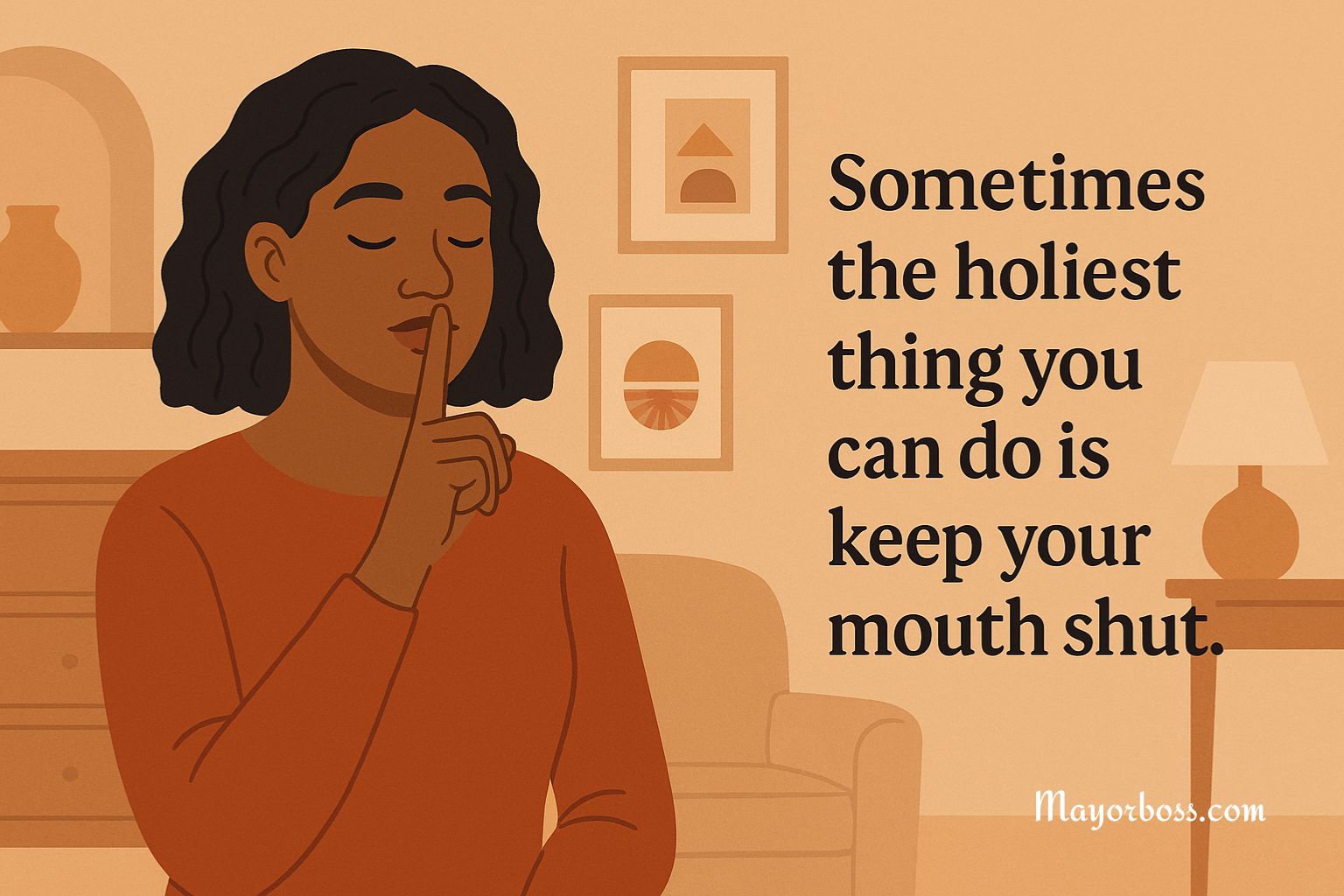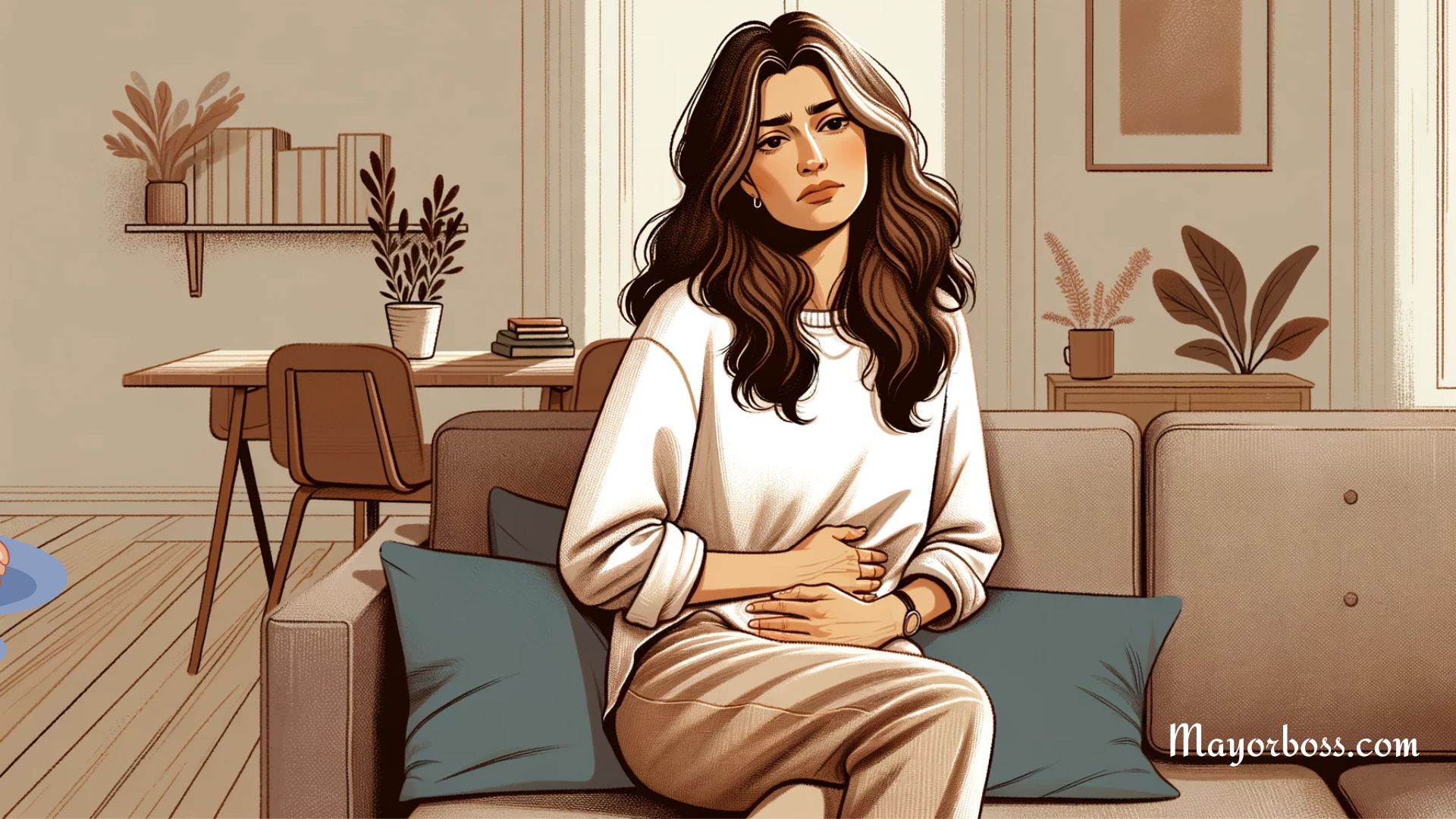Stop Eating Late at Night, Stop It.
Eating late at night may seem harmless, but it can lead to a range of health problems that you might not even realize are connected to your midnight snacking. If you’re someone who regularly finds yourself reaching for snacks before bed or even having full meals late at night, you might want to rethink this habit. Trust me, the impact on your health can be significant, even if it doesn’t feel like it right away.
Scroll through below to learn why eating late at night can be problematic for your overall well-being and why making a shift to earlier meals could be one of the best changes you can make for your health.

Late-night eating messes with your sleep patterns and disrupts your natural body clock
When you eat late at night, your body has to work harder to digest the food. This means your digestive system is still active when you’re trying to sleep. According to a number of studies, this can disrupt your sleep patterns by causing indigestion or acid reflux, which can make it hard to fall asleep or stay asleep through the night. Sleep is when your body is supposed to recover and restore itself, but if your stomach is busy processing food, it’s not fully focused on resting.
In addition to that, eating at night affects your circadian rhythm—your body’s natural clock that regulates sleep and metabolism. When you eat late, your body gets confused about what time it is, making it harder for you to get into a proper sleep cycle. A review published in the National Library of Medicine explains that a disrupted circadian rhythm can increase your risk for conditions like obesity, diabetes, and even heart disease.
Late-night snacking can lead to unwanted weight gain and metabolic issues
It’s no secret that the later you eat, the more likely those calories are to stick around as fat. But why does this happen? Eating late at night often leads to mindless snacking, and typically, people reach for high-calorie, low-nutrient foods like chips, cookies, or ice cream. If you’re consuming extra calories at night that your body doesn’t need, you’re essentially storing them as fat because your activity levels are lower at night.
According to the International Journal of Endocrinology, your metabolism naturally slows down at night. This means that the food you eat is not burned off as efficiently as it would be earlier in the day. Researchers have found that late-night eating is linked to increased body fat, particularly belly fat, which can increase your risk of chronic conditions like type 2 diabetes and heart disease.
Plus, a study published in the journal Nutrients found that people who eat later at night tend to consume more calories overall, leading to weight gain over time. This isn’t just because of the time of day—they found that late eaters often make poorer food choices, opting for more processed and sugary foods, which further contributes to weight gain.
Eating before bed can cause digestive problems and discomfort
Aside from the effect on your metabolism and sleep, eating late at night can also wreak havoc on your digestive system. Lying down soon after eating doesn’t give your body enough time to properly digest the food. This can lead to indigestion, bloating, and heartburn, particularly for people who suffer from gastroesophageal reflux disease (GERD). Recent studies suggest that late-night eating can increase the likelihood of acid reflux because lying down allows stomach acid to travel up into the esophagus, thereby causing a burning sensation in your chest.
Doctors also warn that eating late at night may cause sluggish digestion, making you feel uncomfortable, bloated, and heavy when you wake up. This sluggish digestion can even carry over into the following day, affecting your energy levels and your ability to concentrate.
Late-night eating impacts your blood sugar levels
When you eat late at night, your blood sugar levels can fluctuate dramatically. Eating late can lead to elevated blood sugar and insulin levels, which can increase your risk of developing insulin resistance and type 2 diabetes. Normally, your body’s insulin sensitivity decreases at night, meaning your body is less efficient at handling the glucose from the food you eat.
This is especially concerning for people who are already at risk of diabetes or have prediabetes. Eating late at night means your body has to work harder to process that food, and over time, this strain can lead to more serious health complications.
Nighttime eating has been linked to poor mental health and mood disturbances
Ever notice that you’re more likely to feel sluggish or irritable the day after a late-night snack session? That’s because the quality of your sleep, your digestion, and your blood sugar levels all play a role in how you feel mentally. Studies have shown that people who eat late at night are more likely to experience mood disturbances, including feelings of depression and anxiety.
One study published in Clocks & Sleep found that late-night eaters reported higher levels of stress and anxiety. The researchers suggested that disrupted sleep and irregular blood sugar levels from eating at night could be part of the reason for these mood changes.
Furthermore, late-night eaters are more likely to experience emotional eating, which is when you use food to cope with stress or negative emotions. This kind of eating can become a cycle—eating late at night leads to poor sleep and mental health issues, which then leads to more late-night eating. Breaking this cycle by cutting out late-night snacking could improve your mood and mental well-being over time.
Breaking the habit of late-night eating can be a challenge, but it’s worth it
If you’re used to eating late at night, it can be tough to break the habit, but it’s entirely possible with a few lifestyle adjustments. Here are some tips to help you stop eating late at night:
- Set regular meal times: Try to stick to a schedule where you’re eating your last meal at least three hours before bed. This will give your body enough time to digest before you hit the sheets.
- Stay hydrated: Sometimes, when you think you’re hungry, you’re actually just thirsty. Drinking a glass of water can help curb those late-night cravings.
- Eat a satisfying dinner: Make sure your dinner is balanced and contains a mix of protein, healthy fats, and fiber to keep you full longer. If you’re not full after dinner, you’re more likely to reach for snacks later on.
- Find alternatives to snacking: If late-night snacking has become a habit, try to find other ways to unwind at night, like reading, stretching, or doing a relaxing activity that doesn’t involve food.
- Get enough sleep: Being well-rested can help regulate your hunger hormones, making it less likely for you to feel those nighttime cravings.






